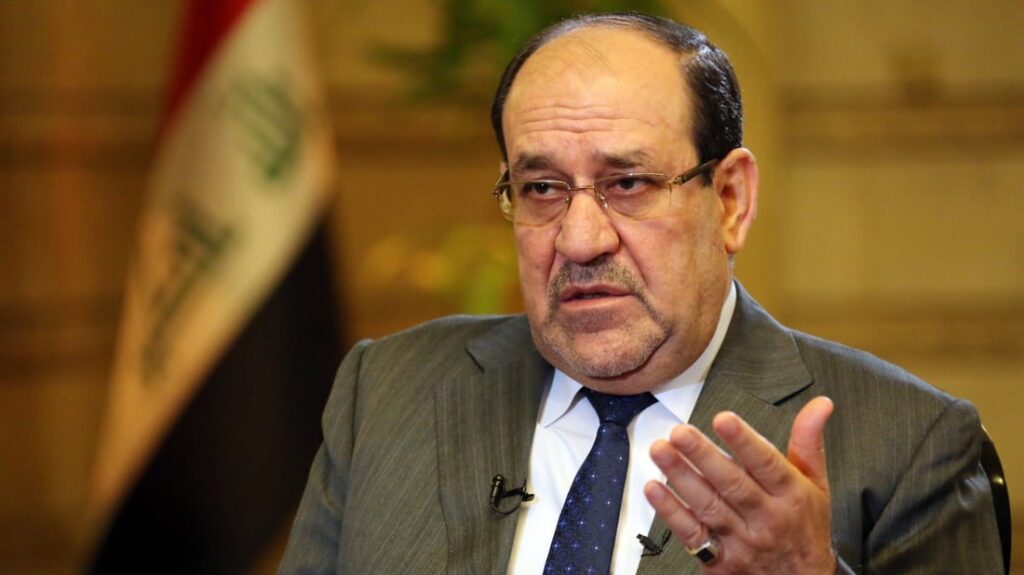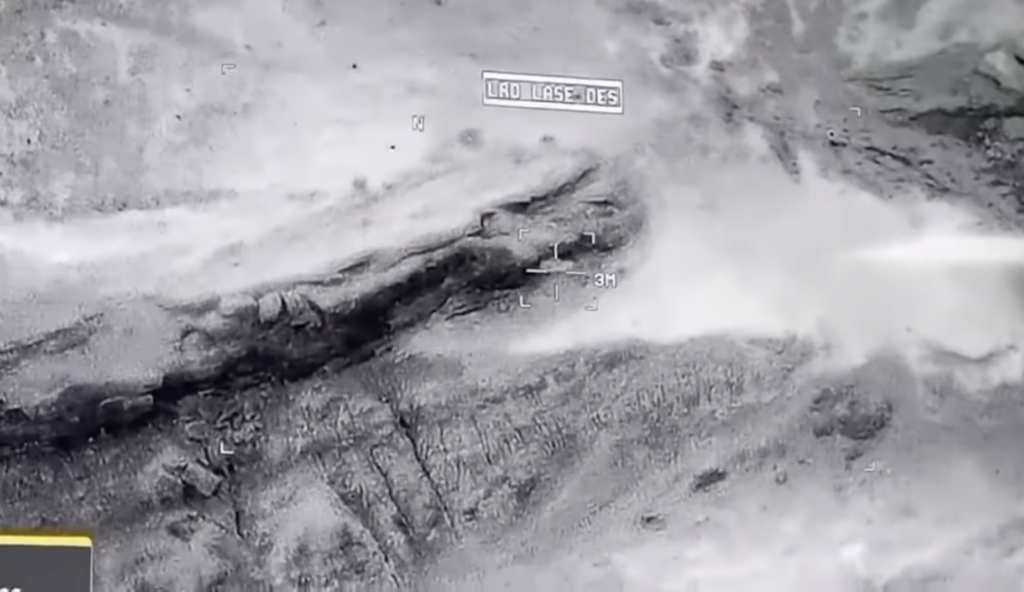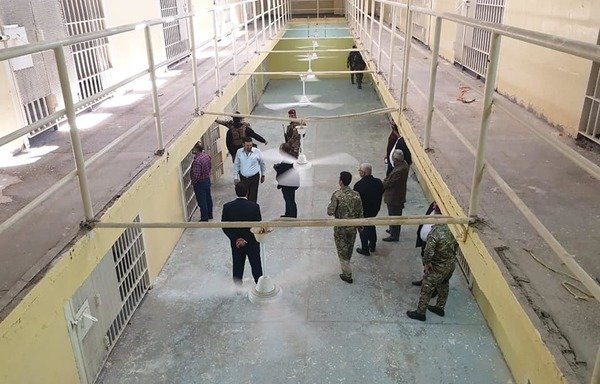Pro-Barzani ENKS to reopen offices in Syrian Kurdistan

HEWLÊR-Erbil, Iraq’s Kurdistan region,— The Syrian Kurdish National Council (ENKS), which is affiliated with Iraqi Kurdistan Democratic Party KDP party leader Massoud Barzani, on Sunday officially announced it would reopen offices as a “gesture of good faith” as part of ongoing attempts to strengthen ties with ruling Kurdish authorities in Syrian Kurdistan (Rojava).
“As our supporters know, throughout the past years, offices of the Kurdish National Council in Syria and the offices of its parties were not closed based on the Council’s decisions, but rather by the decision of the Democratic Union Party [PYD] and its gunmen, forcefully and through different types of prevention,” the pro-Barzani ENKS said in a statement on Sunday.
“As a response to the calls made for the unity of the Kurdish position, and as a gesture of good faith, the presidency of the Council decided to re-open its offices and the offices of its parties to bolster confidence and build on it to resolve most of the outstanding disputes,” the council added.
The self-administration in Syrian Kurdistan NES said in a December 17, 2019 statement that they would allow the ENKS to reopen offices in the region – shut down by the ruling authorities in 2016.
The NES statement added that the Kurdish authorities will drop all legal cases against ENKS members, and form a committee to investigate opposition claims that its members are being held in NES prisons for political reasons.
But in December 2019 the pro-Turkey KNC has refused to re-open their offices in Syrian Kurdistan (northeast Syria), citing a lack of trust in the ruling NES.
In 2016, Rojava NES authorities banned the activities of ENKS in the region, closed about 40 of their offices and jailed hundreds of ENKS members who were later released.
The ENKS, a Turkey-backed organization that opposed to the ruling Syrian Kurdish Democratic Union Party PYD, was established by Massoud Barzani and his KDP of Iraqi Kurdistan in October 2011. The KDP doesn’t recognized the autonomous Cantons and the self-government in Syrian Kurdistan.
Most ENKS members have been living in Iraqi Kurdistan Region, Turkey and Western countries after some were banned from entering northeast Syria due to perceived links with Turkey.
ENKS, which comprised of 12 small Kurdish parties, do not have any real authority on the ground in Syrian Kurdistan and refused to recognize the administration in Syrian Kurdistan.
Massoud Barzani, who has close-ties with Turkish government, said in March 2016 any support to the Syrian Kurdish PYD party means support for the PKK. “They are exactly one and the same thing”,
The ENKS is also close to the so-called “Rojava Peshmerga” force in Iraqi Kurdistan, which has been found by Massoud Barzani and backed by Turkey.
On October 9, 2019 Turkey and its Syrian Islamic mercenary fighters launched the offensive against the Kurdish PYD/YPG forces, the de facto army of the Syrian autonomous Kurdish region. The Turks have seized a strip of land inside Syria 120 km long and around 30 km wide running from the Kurdish town of Serêkaniyê to Girê Spî.
Rights groups and displaced Kurdish families have accused Ankara-backed Syrian Arab Islamic militants of executions, home confiscations, looting and ethnic cleansing in that border strip.
The monitor said in October that more than 300,000 civilians, mostly Kurds, had been displaced by the assault.
The worldwide-respected Autonomous Administration and in Syrian Kurdistan and has a secular decentralized self-rule, where equality between men and women, direct democracy, and environmental responsibility are emphasized.
Last week, Mikhail Bogdanov, Deputy Foreign Minister of the Russian Federation, and Special Presidential Representative on the Middle East, urged Kurdish parties to unite, especially for future dialogue with the Syrian regime in Damascus.
“We always say that the Kurdish position has to be cohesive, united, constructive, and realistic to form the basis for dialogue with the other parties in a serious, responsible manner,” he told Kurdish media outlets.
Syria’s Kurds have established a semi-autonomous region in northeastern Syria during the country’s eight-year war.
In 2013, the Syrian Kurdish Democratic Union Party PYD — the political branch of the Kurdish People’s Protection Units (YPG) — has established three autonomous Cantons of Jazeera, Kobani and Afrin and a Kurdish government across Syrian Kurdistan in 2013. On March 17, 2016, Kurdish and Arab authorities announced the creation of a “federal region” made up of those semi-autonomous regions in Syrian Kurdistan.
The Kurdish Democratic Union Party PYD and its powerful military wing YPG/YPJ, considered the most effective fighting force against IS in Syria and U.S. has provided them with arms. The YPG, which is the backbone of the Syrian Democratic Forces SDF forces, the de facto army of the autonomous Kurdish region, has seized swathes of Syria from Islamic State.
The Syrian Kurdish forces expelled the Islamic State from its last patch of territory in the eastern Syrian village of Baghouz in March 2019.
11,000 Kurdish male and female fighters had been killed in five years of war to eliminate the Islamic State “caliphate” that once covered an area the size of Great Britain in Syria and Iraq.
(With files from Rudaw | Agencies)
Copyright © 2020 Ekurd.net. All rights reserved
Comments







